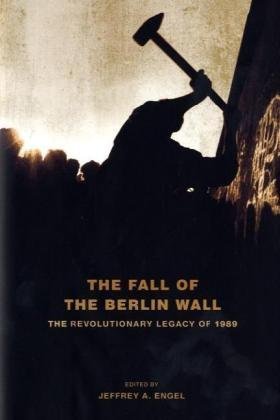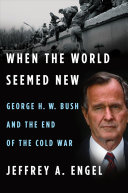My Lists
Featured Lists
REVIEWS
Library Journal
Reviewed on October 19, 2009
The essays that Engel (Bush Sch. of Government & Public Service, Texas A&M Univ.) collects here were originally presented as papers at a 2009 conference. Each represents a different global perspective on the impact of the end of the cold war upon world leaders in China, Europe, the Soviet Union, and the United States, showing how leaders reacted to the collapse of communism in the Eastern bloc. Often, it seems, they were incredulous, with many clearly overestimating their popularity with their respective citizenry. With a chronological overview by Engel, this is best for students to use as a secondary text.-Beth Johns, Saginaw Valley State Univ., University Center, MI Copyright 2009 Media Source Inc. Copyright 2009 Media Source Inc. ...Log In or Sign Up to Read More



